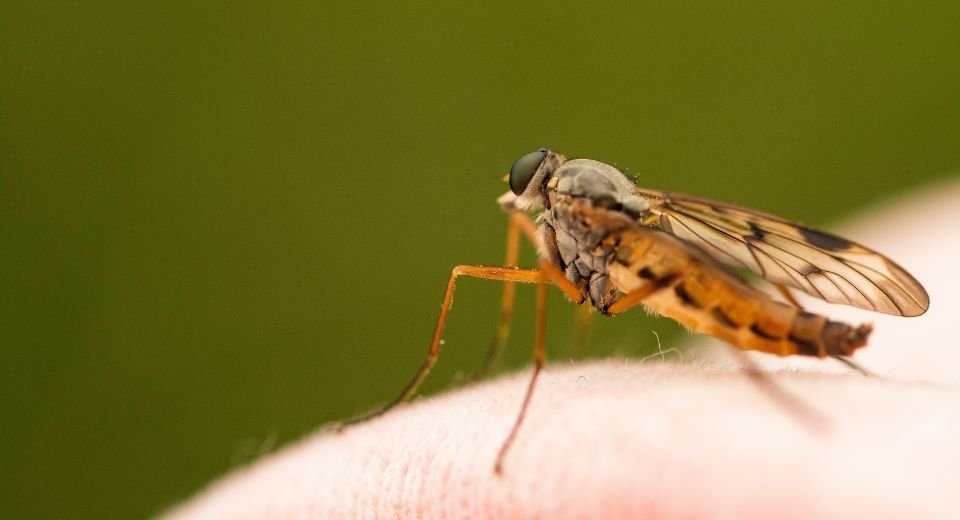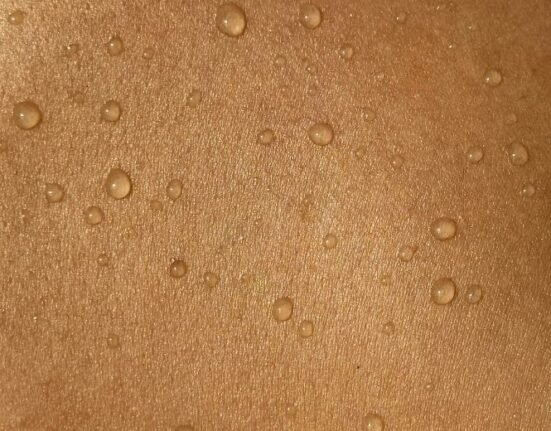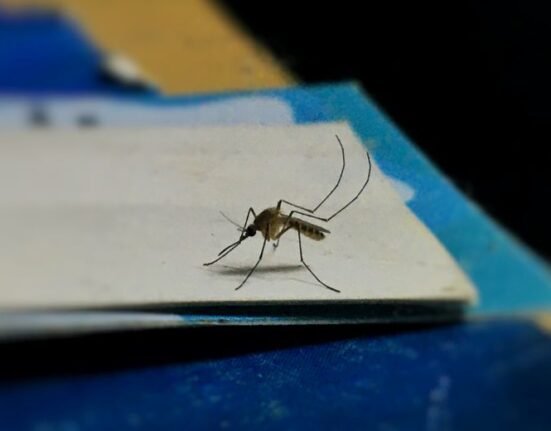HQ Team
February 9, 2024: As millions descend in Rio De Janeiro in Brazil for the world-famous Carnival starting today, the government has warned the revellers to cover up against mosquitoes, as dengue cases surge across Brazil.
The government declared a public health emergency following 364,855 cases of the mosquito-borne disease reported in January itself across the country. Various states in Brazil, including Minas Gerias, Acre, and Goias, have all declared emergencies. In the capital city of Brasilia, the army’s help has been sought to carry out fumigation work.
Dengue vaccination
The government is opening special treatment centers to deal with the rising numbers as hospitals are already overwhelmed. Brazil also has bought 5.2 million doses of the dengue vaccine Qdenga, developed by Japanese drugmaker Takeda. Brasília will start vaccinating children aged 10-14, the government said.
Rio has already racked up more than 25,000 cases, according to news agency Agencia Brasil. With more than 100,000 people expected to participate in the carnival each day, Rio is gearing up to combat the expected rise in cases. Dr Katherine O’Reilly, Regional Medical Director at International SOS, a health risk analysis company, urged those planning to attend the celebrations to consider how they dress.
“Wear clothes that cover your body: long sleeves, long pants – I know that goes against the general Carnival dress code,” she said.
“The most important thing is bite prevention. If you don’t get bitten, you don’t get dengue.
Pregnant women are especially vulnerable as the virus can lead to complications for both the infant and the mother.
Qdenga, the dengue vaccine won regulatory approval only two years ago in the European Union, the U.K. and Brazil, though it is yet to get the FDA nod.
Dengue is spread by the Aedes aegypti mosquito and the symptoms include excruciating pain in the joints, high fever, headache and sometimes a rash. In some cases, it can prove fatal due to severe internal bleeding.
Last year, more than 500 million cases of dengue fever were reported globally, along with 5,000 deaths.
El Nino effect
The rise in cases is attributed to the El Nino phenomenon by the World Health Organisation. Brazil has witnessed record rainfall in the region, due to the El Nino effect, creating perfect conditions for the mosquitoes to breed.








